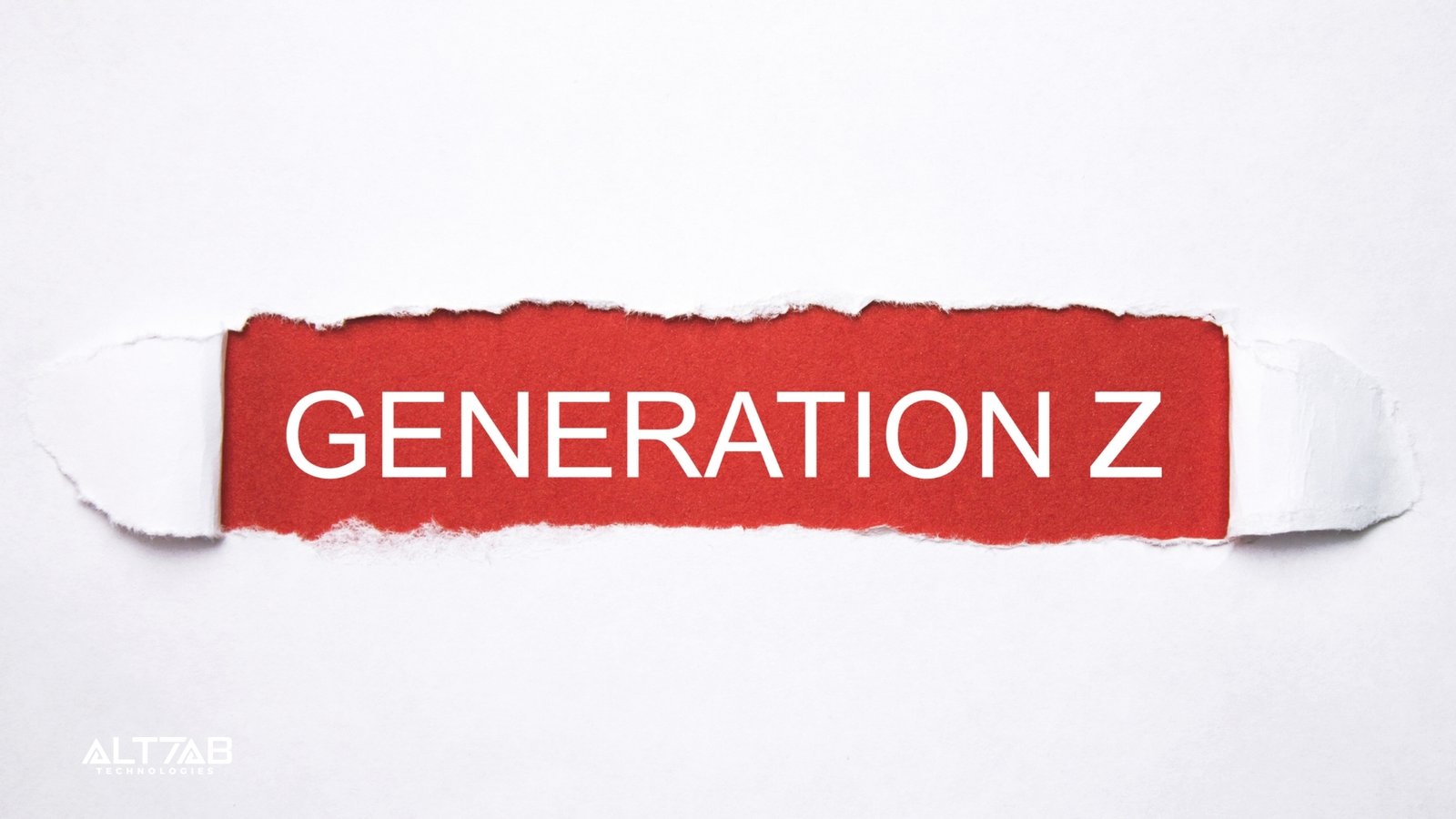Born between the mid-1990s and early 2010s, Generation Z is the first to grow up fully in the digital age. Their lives, intertwined with smartphones, social media, and instant information access, shape their unique behaviors, preferences, and outlooks. This guide delves into Gen Z’s distinct traits and their influence on marketing, education, and the workplace. Discover how this digital-first generation is revolutionizing our world. Explore Gen Z Insights in our guide, uncovering how the first digital-native generation is transforming marketing, education, and the workplace.
Who is Gen Z?
Gen Z stands as the authentic digital natives. Unlike Millennials, who saw the internet’s rise, Gen Z has always been in a world rich with digital connections. Known for their comfort with technology, diverse viewpoints, and practical solutions, Gen Z navigates life’s hurdles with ease.
Gen Z’s Digital World
Digital connectivity is second nature to Gen Z. They use platforms like Instagram, TikTok, and Snapchat not just for socializing but as essential tools for self-expression, identity formation, and global engagement. Authenticity, creativity, and a sense of community are values that this generation holds dear, influencing their preferences across digital platforms.
Values and Beliefs
A deep commitment to social justice defines Gen Z. They champion diversity, inclusivity, and environmental sustainability, expecting the same commitment from brands and institutions. Transparency and ethical practices are not negotiable for them; they demand actions that match words.
Gen Z and Education
The digital revolution has also reshaped Gen Z’s approach to education. While valuing practical skills over traditional educational pathways, they often question the necessity of a four-year degree, opting instead for alternative learning routes that provide direct, applicable skills for the modern world.
The Workplace and Gen Z
Entering the workforce, Gen Z brings its values to the fore, seeking work-life balance, diversity, and ethical company practices. Employers aiming to attract Gen Z talent are thus encouraged to offer flexible work environments and align with the generation’s strong social and environmental principles.
Marketing to Gen Z
Reaching Gen Z means changing how you market. They’re not fans of traditional ads and prefer content that feels genuine and aligns with their values. Working with influencers, engaging on social media, and running campaigns with a purpose can catch their eye.
Gen Z’s Impact on the Economy
Gen Z is already influencing the economy through their spending habits and consumer preferences. They favor brands that reflect their ethical standards, are prepared to invest in sustainable products, and play a significant role in family spending decisions.
Challenges Facing Gen Z
Despite their tech-savviness, Gen Z faces challenges like digital addiction, mental health concerns, and the pressures of a rapidly evolving job market. Addressing these issues requires a concerted effort from all sectors of society.
Conclusion
Grasping the essence of Gen Z Insights is vital for anyone looking to engage with the forthcoming wave of consumers, employees, and leaders. Their inherent digital fluency, combined with a strong set of values and a practical approach to life, positions them as a powerful force in shaping the future. As we progress, understanding and embracing Gen Z’s unique perspectives and preferences will be crucial for success in our increasingly digital society.
Are you prepared to leverage the distinct attributes of Gen Z for your business or organization? The path to truly engaging with this generation begins with acknowledging their impact and tailoring your approach to meet their world.




